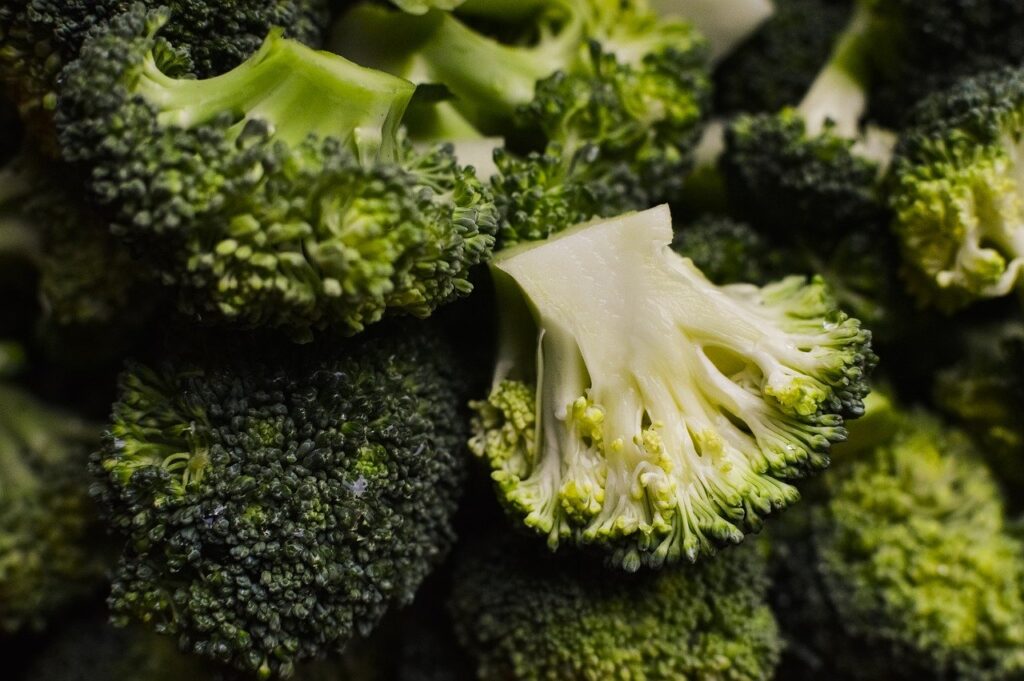While most of us think of vegetables as being naturally occurring, there’s one vegetable that defies convention – broccoli. Surprisingly, it’s not a naturally occurring plant at all. Broccoli origin: it is a human-made creation that has been selectively bred over the centuries to become the delectable treat that we know and love today.

Broccoli’s Origins
Broccoli’s origins can be traced back to a wild plant called Brassica oleracea. This plant still grows in parts of Europe and Asia. This wild plant is the ancestor of many other popular vegetables such as cauliflower, kale, Brussels sprouts, and of course, broccoli. Over time, the broccoli plant was carefully cultivated to produce the large and leafy heads that we recognize today.
The vegetable’s history dates back to ancient times, where it was first cultivated in Italy in the 6th century BC. The name broccoli comes from the Italian word “broccolo,” which means “the flowering top of a cabbage.” It’s fascinating to think that our favorite green is so closely related to other members of the cabbage family!
The Broccoli Today
Today, broccoli is loved worldwide for its high nutritional value, including fiber, vitamins, and minerals. It’s a nutritious and tasty addition to any meal. Its popularity is a testament to the creativity and skill of farmers and cultivators throughout history.
While the fact that broccoli is a human-made creation might come as a surprise to some, the truth is that many of the foods we enjoy today are the result of careful cultivation and selective breeding. From corn to bananas, many of our favorite foods have evolved over time. They have become the delicious crops that we know and love today.
Human Ingenuity
So, the next time you savor the delicious taste of broccoli, take a moment to contemplate its enigmatic and intriguing history. It’s a tribute to the ingenuity and creativity of humans throughout history who have gifted us with the incredible bounty of nourishing and delicious foods.


 Additional Fun Facts
Additional Fun Facts

